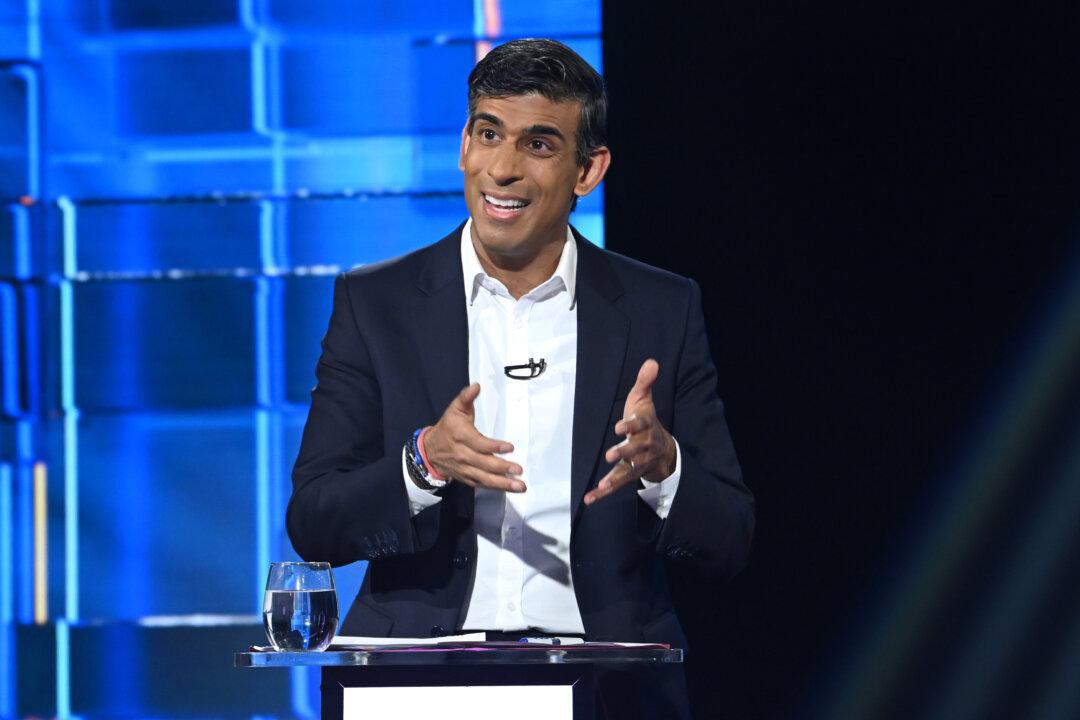Conservative leadership candidate Rishi Sunak said on Tuesday that he would scrap VAT on all domestic energy bills next year if he becomes the prime minister.
Sunak, who has criticised his opponent Liz Truss for promising unfunded tax cuts that he said will worsen inflation, was accused of performing a U-turn, but his supporters defended the former chancellor, saying his tax cut would not add to inflation.





